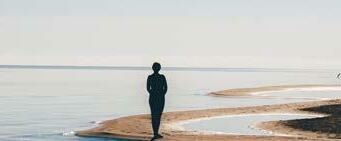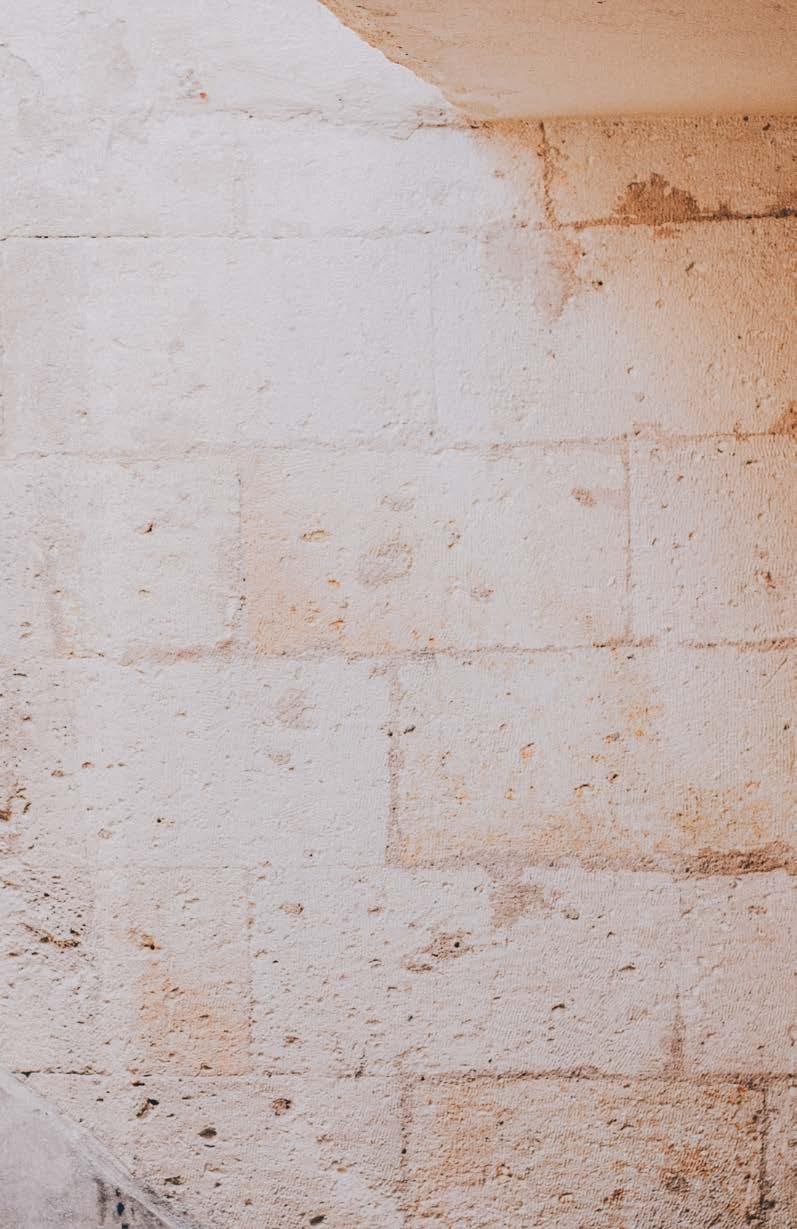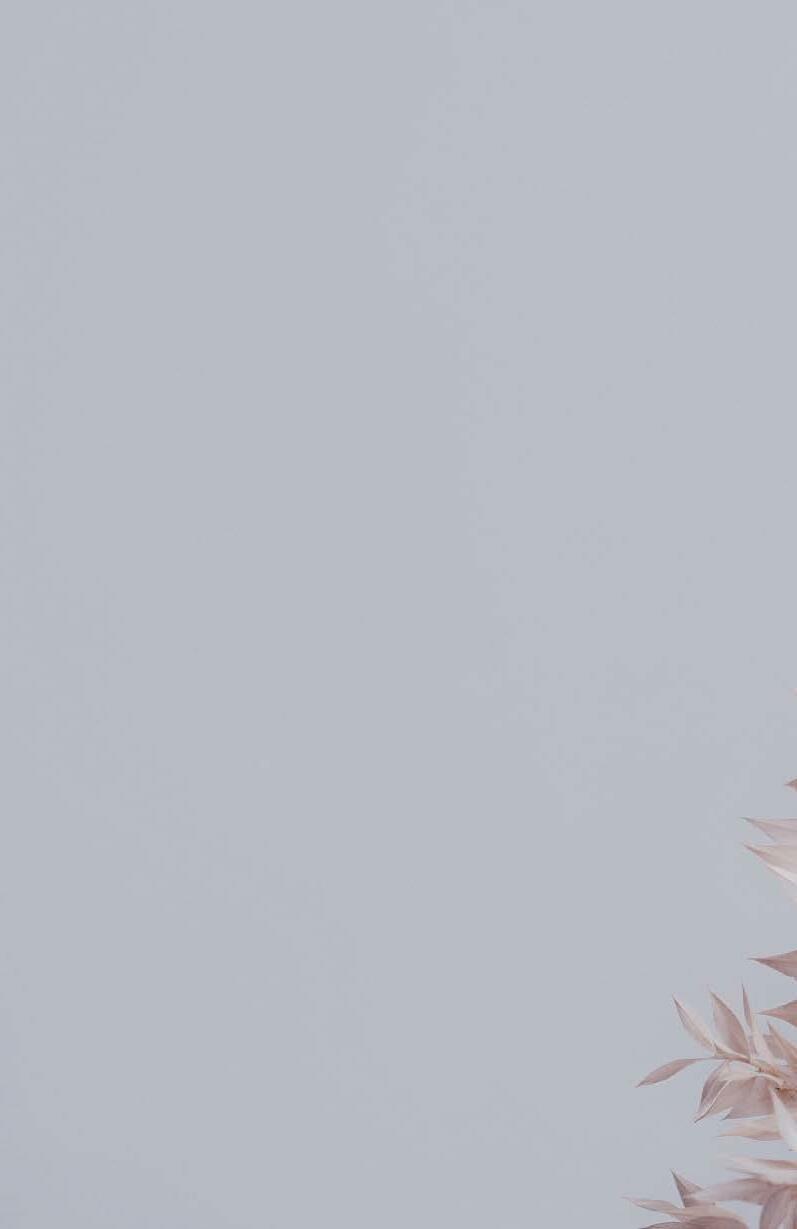




Renewal is perhaps Judaism’s most important lesson.
People are ordinarily preoccupied with the day to day, all the while leaving their spiritual life on autopilot. Ultimately, the lack of passion erodes our soul; to paraphrase Pirkei Avot, “Without spiritual growth, we face spiritual collapse.”
This booklet is about that yearly “reset,” and includes insights on renewal that our clergy put together for the new year. We hope you find it helpful in your own personal journey, as you “reset” for 5783.
Rosh Hashanah is our yearly appointment with renewal. We take stock and find new ways to live meaningful spiritual lives.
It is the time when we let go of the autopilot and set a better course for our future.




Too many people live for their selfies, making themselves completely miserable in order to project an image of being absolutely happy. Image has become more important than reality.
As we pursue more and more likes, we forget our souls; and we feel empty inside, because we have forgotten who we are, and who we are meant to be.
The most critical relationship we have is “bein adam l’atzmo,” the one we have with ourselves; to know who “I” really is, and what “I” can really become. Torah study forces us to think critically about what is right and what is wrong, and to consider our core values. Jewish ethical literature, or Mussar, offers insights into spiritual psychology, and motivates people to develop their character and become the best possible version of themselves. Jewish Philosophy guides us to find our purpose in this world.
In an age of social media, it is more important to look good than to be good.

“If you want to find your purpose in life, think about the following sentence: ‘Where what you want to do meets what needs to be done.’ That is where God wants us to be.”

- Rabbi Jonathan Sacks
What is my purpose in this world? What is my mission?
What still needs to be done for me to accomplish this mission?
Find three books about inspiration and meaning, and read them over the course of the year.
After learning Torah, contemplate how what you’ve learned can be integrated into your life.
Pick a bad habit you want to change or a good habit you want to start.
A great Mussar exercise is to review your progress nightly before going to sleep.
Reflect on how you use social media. How do you present yourself online? Is it authentic? How much time do you spend on social media comparing yourself to others?
1.
With Heart in Mind: Mussar Teachings to Transform Your Life
BY ALAN MORINISAn introduction to Mussar, a 19th-century movement of religious self improvement
A book which deals with personal issues from a spiritual perspective, written by a psychiatrist who was a chasidic rabbi
A Letter in the Scroll: Understanding Our Jewish Identity and Exploring the Legacy of the World’s Oldest Religion
BY RABBI JONATHAN SACKSA very personal reflection on what Jewish identity means
~ TAKE PAUSE
All too often, we get wrapped up in the insignificant and fixate on what is unimportant. The High Holidays are about reawakening our souls and finding our authentic selves once again.




One must not visit the sick during the first three hours of the day and not the last three hours. Shulhan Arukh, Yoreh Deah 335.
Jewish Law teaches a powerful lesson about Bikur Cholim : we should only visit the sick when it is appreciated by them, and not when it is best for us. The purpose of visiting the sick is to attend to their needs, pray for their well being, and cheer them up. In the first three hours of the day, says the Shulchan Aruch, they are strong enough to go without help, and in the last three hours, they are too tired for company. The best time to visit is in the middle of the day, when the visit will be appreciated most.
Bikur Cholim begins with thinking about the sick person. Similarly, Hachnasat Orchim is not about socializing together with friends, but rather offering hospitality to those who actually need it. The guests we should seek out are those who truly need the invitation; itinerants who are away from home, the indigent who don’t have a proper meal to eat, or the lonely who are in search of company.
Interpersonal mitzvot are known as bein adam l’chaveiro (“between one person and another”), because our focus is on “chaveiro,” the other, who is given precedence. Kindness is not just about giving; it is about putting other people first.
When we look to help others, we must consider their needs and wants first.

Morgan Ward of Emory University’s Business School conducted a study that found that the closer someone felt to a friend, the more likely they were to buy them a wedding gift that was not from the registry, but instead one that they chose themselves and signaled the closeness of the relationship.
The recipients, however, were usually disappointed to find out that their closest friends did not listen to their preferences as expressed in the registry, and would have much preferred a gift that they needed.
When giving to others, how can I be certain I am offering what the other really desires?
When seeking to help others, how do I determine when and what help is needed?

Do an act of kindness for another that is outside of your normal comfort zone.
When giving a gift, rather than guessing or giving what you would like to give, pay attention to things the other mentions in passing, or simply ask what they would want.
When you hear of a friend who is sick, before visiting them, find out what they might be lacking and could use your help with.
When hearing that someone is in town and in need of hospitality, or if you know someone who is lonely and needs companionship, jump on the opportunity to invite them to your home.
On cultivating our relationships with others 2. In His Image
BY RABBI YUVAL CHERLOWOn our responsibility to others and to society based on having been created in God’s image 3.
On how acts of kindness can enrich our lives
~ TAKE PAUSE
We often discuss doing acts of kindness in terms of ourselves, and our own desire to give. However, the ideal fulfillment of Mitzvot Bein Adam L’chaveiro is when we serve others in a way that addresses their needs.





The rabbinic term for the relationship between man and God is “bein adam laMakom,” which literally means “between man and the place”; the word “makom,” or place, is as a reference to God, who encompasses all of reality. But on a deeper level, it alludes to much more.
Each of our Patriarchs encountered Makom. At the akeidah, a story we recall and read each Rosh Hashanah, both Avraham and Yitzchak arrive at the makom (Gen. 22:4) “They came to The Place (hamakom) that God had told them.” Yaakov encounters Makom in his dream “He came upon a place (bamakom) and slept there” (Gen. 28:11). On the run, alone, vulnerable and displaced, he encounters The Place.
Bein Adam LaMakom, between man and God, between self and Place, between me and “The Place” is the art of discovery and engagement during these High Holy Days. In the Wizard of Oz, Dorothy repeats over and over, ‘There is no Place like home’; but this is not merely a line in a movie, and the roots of this intuition run deep. Being intertwined, interconnected, feeling oneness with Hakadosh Baruch Hu, God, is the serenity and inner peace of being home, in our place. Go home, go inward, dare to encounter and feel the inner sense of Place.
“Bein Adam LaMakom” is the art of discovery and engagement.

The great spiritual challenge of our time is that we are both disconnected and distracted.
Our hearts are homeless, lost in an onslaught of busyness and beeps; in a world of individualism and materialism, there is no room left for the soul.
Where will we find that place, that small opening that will bring us inspiration, connection and meaning?
What behaviors or thoughts make me impenetrable by God? Am I too busy? Angry? Disillusioned? Distracted? Unaware? Unengaged?
What small adjustments can I make to establish meaningful and ongoing contact with the Divine Presence?

Consider the word ‘Makom,’ ‘place’
- what place do you feel most alive, invigorated, and connected?
Is there a event, experience, or insight that brings God’s presence into your heart?
What questions do you have for God? What is the true essence of those questions?
If God had one message for you, what do you think it might be?
1.
On belief in God in our world
A practical guide to one method of connecting with the divine 3.
An advanced philosophical treatise on how humans come to know and have a relationship with God

You have room for what you make room for. Find room for your soul, and find a place to reach out to God.
~ TAKE PAUSE
Take a class with one of our KJ clergy.
Advanced Talmud with Rabbi Dr. Jeremy Wieder
Exploring Jewish Thought with Rabbi Chaim Steinmetz
Weekly Parsha with Rabbi Haskel Lookstein Laws of Shabbat with Rabbi Meyer Laniado
The Book of Samuel with Rabbi Roy Feldman
Jewish Polity & Structure with Rabbi Meyer Laniado Understanding Prayer with Rabbi Meyer Laniado Kitzur Shulchan Aruch with Morris Massel Prayer Laws & Rituals with Rabbi Meyer Laniado
Hebrew Reading with Sara Rosen Prayerbook Hebrew with Sara Rosen Contemporary Halakhic Issues with Rabbi Chaim Steinmetz King Solomon with Dr. Shera Aranoff Tuchman
Meaningful Jewish Living with the KJ Clergy
SCHEDULES AT ckj.org/weeklyclasses
Authors
Rabbi Chaim Steinmetz
Rabbi Roy Feldman
Rabbi Meyer Laniado
Rabbi Daniel Kraus
Rachel Kraus
Esther Feierman
Talia Laniado
Copy Editing
Riva Alper

